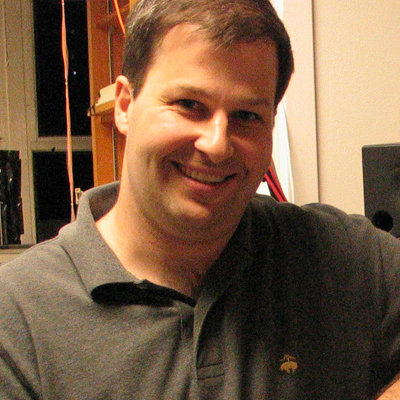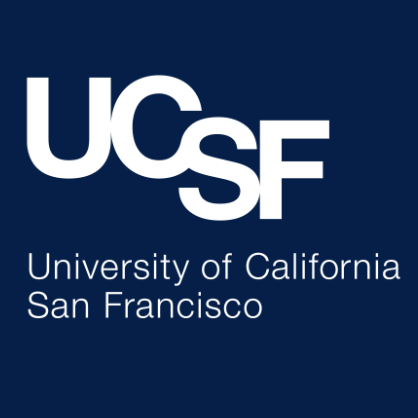Discovering the brain processes that store and retrieve memories, and seek to understand how these processes can go awry
The human brain is remarkable. It gives us our consciousness, our identities and our memory. And when our brain falters, we falter with it. How do we find ways to keep our brains healthy and our memories robust? Our current understanding of how the brain works remains primitive at best - but we must understand it in detail if we want to fix it when it fails.
The research of Dr. Loren Frank at the University of California, San Francisco is revealing how the brain learns and remembers and how those processes go awry in aging and disease. By studying how animals form memories, he has already helped move the field forward. His work has linked specific brain processes with learning, memory and decision-making -- findings that can inform our health, as these processes also underlie human brain function. Dr. Frank's discoveries include:
-
The identification of a pattern of brain activity seen in awake animals where past experiences are "replayed"
-
The demonstration that these memory replay events are critical for learning and memory-guided decision-making
-
The demonstration that these event replay not only the past, but also possible futures, providing a link between memory and imagination
-
The demonstration, in collaboration with Dr. Yadong Huang, a researcher at the Gladstone Institutes, that these events are disrupted in a mouse model of Alzheimer's disease
-
The development of new ways to make the brain learn and remember more effectively
One of the central challenges in understanding the brain is that the current state of research technology is not up to the task. Even within a single brain region there are many types of neurons, each which makes a unique contribution to brain function. And even the simplest brain function involves interactions across many regions. Right now, but we can measure the activity of only a hundred or so neurons at a time, across only one or two regions. Dr. Frank is at the forefront of work to develop new technology to solve that problem. The new tools he is developing include:
-
New electrodes for measuring the activity of large numbers of neurons across many regions, developing in collaboration with engineers from Lawrence Livermore National Laboratories.
-
New computer algorithms for understanding brain activity and interacting with the brain in real-time.
These tools, in conjunction with a focused effort to understand how the brain learns, remembers and decides, have the potential to transform our understanding of ourselves and give us new ways to remain healthy throughout our lives.
Bio
-
Loren Frank is a Professor in the Center for Integrative Neuroscience and the Department of Physiology at the University of California, San Francisco.
-
Dr. Frank earned his Ph.D. in 2000 from the Department of Brain and Cognitive sciences at M.I.T. and did postdoctoral work at Massachusetts General Hospital and Harvard University.
-
Dr. Frank's wide range of expertise spans neuroscience, psychology, statistics, engineering and computer science.
-
The Frank laboratory uses a combination of techniques, including multi-electrode recording, real-time feedback, behavioral manipulations and optogenetic circuit manipulation to study the neural bases of learning, memory and decision-making.
-
Dr. Frank's work focuses on the hippocampus and related structures, brain areas critical for forming and retrieving memories for the events of daily life.
- Dr. Frank has received numerous awards for both his scientific discoveries as well as his work as a mentor, including fellowships from the Alfred P. Sloan, McKnight, and Merck foundations as well as the Society for Neuroscience Young Investigator Award, the Indiana University Gill Young Investigator Award, the UCSF Faculty Mentoring Award, and the College Mentors for Kids Inspire Award.
- Website: http://phy.ucsf.edu/~loren
In the News
The New York Times
Brain Facts
National Institutes of Health


